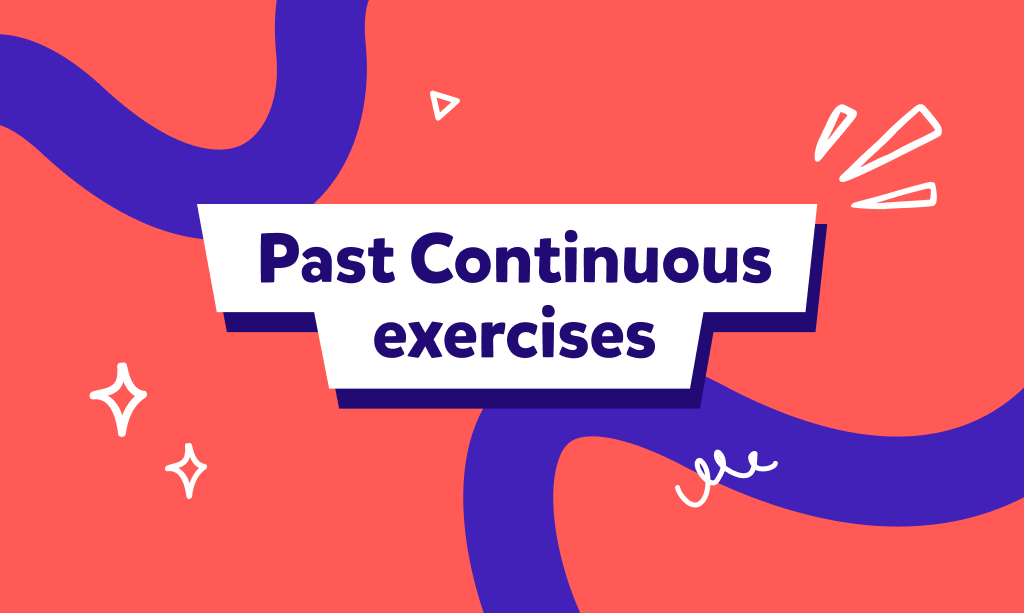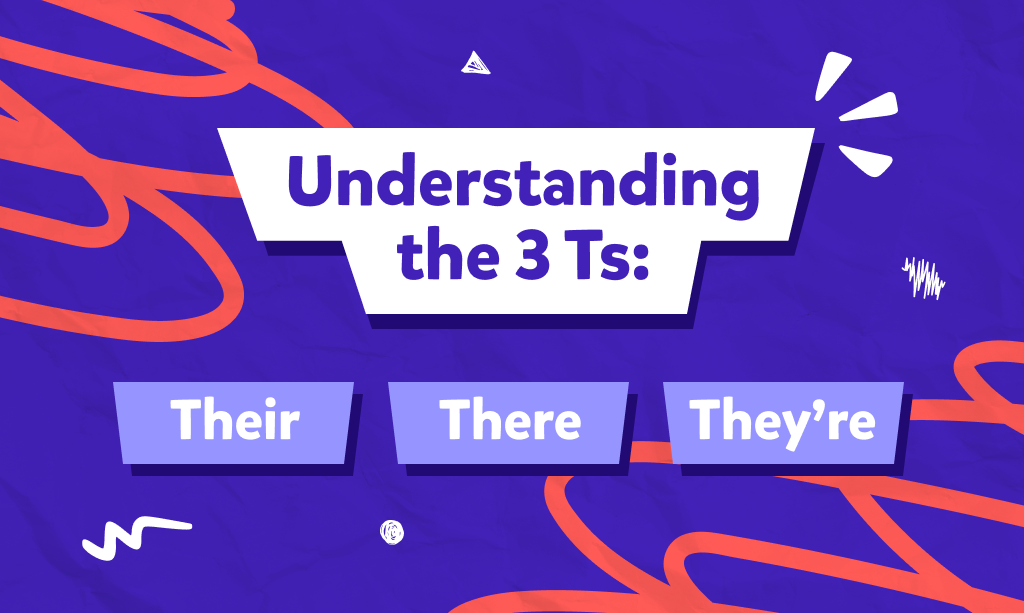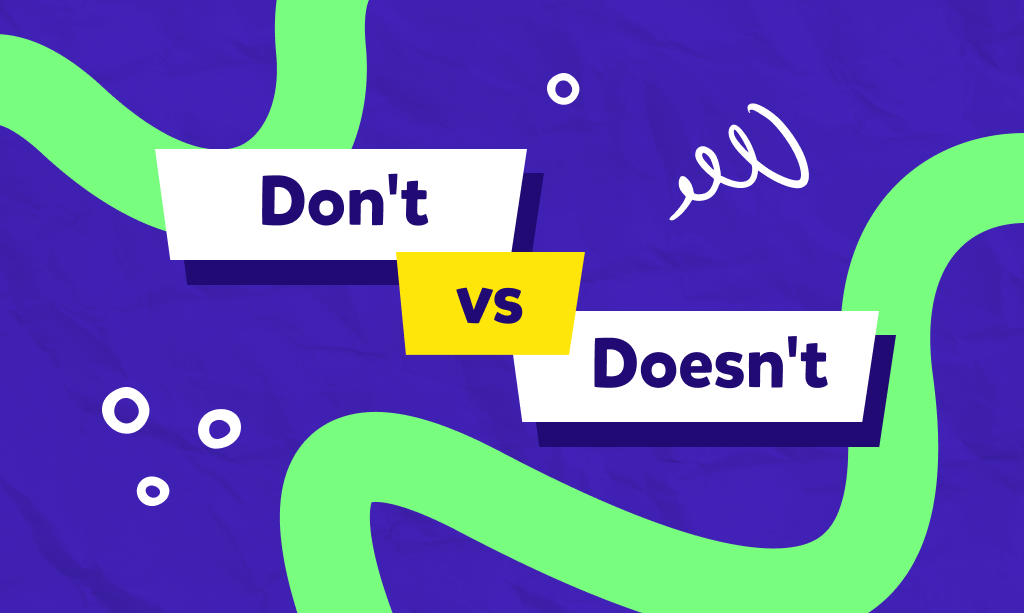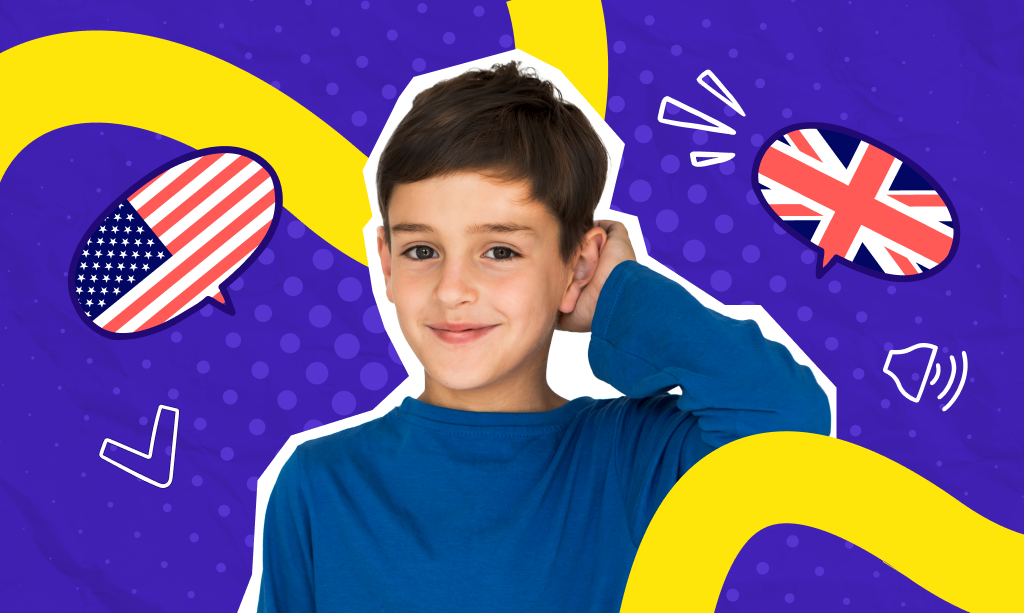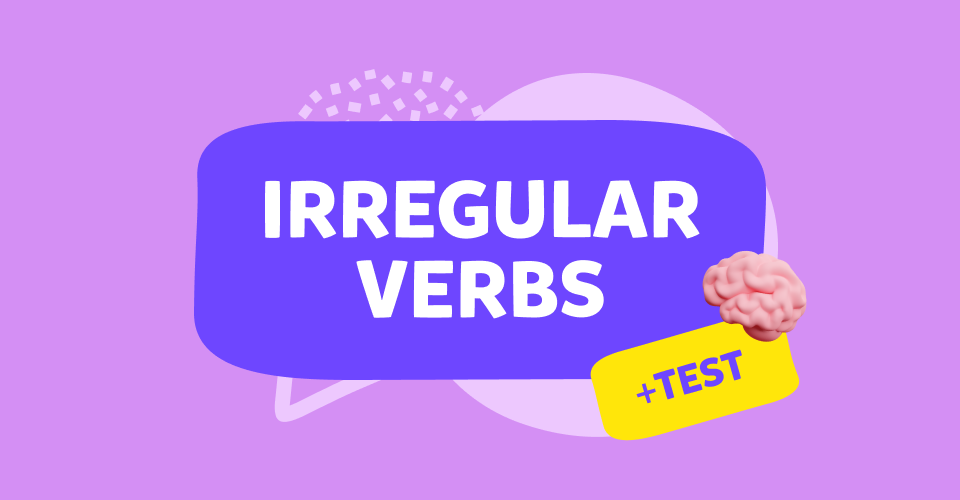- Past Continuous praktyczne zadania do rozwiązywania
- Ćwiczenia "fill the gap"
- Ćwiczenia "wybierz poprawną odpowiedź"
- Ćwiczenia z dialogami
Past Continuous (czas przeszły ciągły) to czas gramatyczny w języku angielskim, który pozwala opisywać zdarzenia lub czynności, które trwały przez określony czas w przeszłości. Często używamy go, gdy chcemy pokazać, że coś działo się równolegle z innym wydarzeniem lub podkreślić, że była to czynność trwająca przez jakiś czas. Aby lepiej zrozumieć zasady stosowania tego czasu, przygotowaliśmy dla Ciebie zestaw interaktywnych ćwiczeń. Dzięki nim utrwalisz użycie Past Continuous w różnych kontekstach i przekonasz się, jak łatwo można go zastosować w praktyce!
Past Continuous praktyczne zadania do rozwiązywania
Przygotowaliśmy dla Ciebie zestaw trzech różnych ćwiczeń, które pomogą opanować czas Past Continuous. Wśród nich znajdziesz zadania „wypełnij lukę”, testy wielokrotnego wyboru do sprawdzenia swojej wiedzy oraz ćwiczenia z uzupełnianiem dialogów. Dzięki tej różnorodności utrwalisz zasady stosowania Past Continuous w praktyce i nauczysz się, jak naturalnie używać go w rozmowie.
Ćwiczenia "fill the gap"
Uzupełnij zdania, wybierając odpowiednią formę czasownika spośród trzech dostępnych opcji: a, b lub c.
1. Przerwana czynność:
They _______ dinner when the power went out. a) were having b) had c) was having 
a) were having
I _______ to music when you knocked on my door. a) listened b) was listening c) were listening 
b) was listening
She _______ to work when she saw the accident. a) was driving b) drove c) were driving 
a) was driving
He _______ in the garden while his sister was cooking. a) worked b) was working c) were working 
b) was working
We _______ in the park when it started to rain. a) walked b) were walking c) was walking 
b) were walking
The kids _______ TV when their mother called them for dinner. a) was watching b) were watching c) watched 
b) were watching
My friend _______ on a project all evening yesterday. a) worked b) was working c) were working 
b) was working
The dog _______ at a stranger when I got home. a) barked b) were barking c) was barking 
c) was barking
They _______ about their vacation plans when I joined the conversation. a) talked b) was talking c) were talking 
c) were talking
I _______ my favorite book when I heard a loud noise. a) was reading b) read c) were reading 
a) was reading
2. Czynności trwające w przeszłości:
They _______ in the park all afternoon yesterday. a) were sitting b) sat c) was sitting 
a) were sitting
I _______ for my exam the entire evening. a) studied b) was studying c) were studying 
b) was studying
She _______ in the library for hours last Saturday. a) read b) was reading c) were reading 
b) was reading
We _______ at the beach during our holiday last summer. a) were relaxing b) relaxed c) was relaxing 
a) were relaxing
He _______ on his project the whole night. a) was working b) worked c) were working 
a) was working
They _______ music loudly in their room all night. a) played b) were playing c) was playing 
b) were playing
I _______ for a long walk yesterday afternoon. a) was going b) went c) were going 
a) was going
The children _______ with their toys for hours. a) were playing b) played c) was playing 
a) were playing
She _______ at the café every morning during her vacation. a) sat b) was sitting c) were sitting 
b) was sitting
We _______ by the lake the entire weekend. a) were fishing b) fished c) was fishing 
a) were fishing
3. Dwie czynności trwające jednocześnie:
I _______ dinner while my sister _______ TV. a) cooked / was watching b) was cooking / watched c) was cooking / was watching 
c) was cooking / was watching
They _______ to music as they _______ for the bus. a) were listening / waited b) listened / were waiting c) were listening / were waiting 
c) were listening / were waiting
She _______ the house while her kids _______ outside. a) was cleaning / played b) cleaned / were playing c) was cleaning / were playing 
c) was cleaning / were playing
We _______ in the garden and our neighbors _______ their car. a) worked / washed b) were working / were washing c) was working / were washing 
c) was working / were washing
He _______ on his laptop while his friend _______ a book. a) worked / was reading b) was working / was reading c) was working / read 
b) was working / was reading
The students _______ quietly while the teacher _______ notes. a) were writing / was taking b) wrote / was taking c) were writing / took 
a) were writing / was taking
I _______ a bath while my phone _______ in the other room. a) was taking / rang b) took / was ringing c) was taking / was ringing 
c) was taking / was ringing
They _______ a picnic as the birds _______ in the trees. a) had / were singing b) were having / sang c) were having / were singing 
c) were having / were singing
She _______ her plants while her dog _______ in the sun. a) was watering / was lying b) watered / lay c) was watering / lay 
a) was watering / was lying
We _______ in the kitchen, and they _______ a game in the living room. a) cooked / were playing b) were cooking / played c) were cooking / were playing 
c) were cooking / were playing
Ćwiczenia "wybierz poprawną odpowiedź"
Wybierz poprawną formę czasownika dla podanego zdania.
1. Wybór formy czasownika:
- I ___ (read/was reading) a book when the lights went out.
- She ___ (cook/was cooking) dinner while he was setting the table.
- They ___ (play/were playing) video games when I arrived.
- We ___ (talk/were talking) about you when you walked in.
- He ___ (drive/was driving) to work when it started raining.
- The children ___ (draw/were drawing) pictures while their mother was on the phone.
- I ___ (work/was working) on my project when the computer crashed.
- You ___ (sleep/were sleeping) when I left the house this morning.
- The dog ___ (bark/was barking) loudly while they were having dinner.
- She ___ (study/was studying) for her exam when her friend called.
2. Wybór przysłówka czasu:
3. Wybór pytania:
- ___ he working on his project last night? (Was/Were)
- ___ they watching a movie when you arrived? (Was/Were)
- ___ you cooking dinner when the phone rang? (Were/Was)
- ___ she listening to music while doing homework? (Was/Were)
- ___ we walking too fast for you? (Were/Was)
- ___ it raining when you left the house? (Was/Were)
- ___ they traveling when you tried to contact them? (Was/Were)
- ___ you sleeping when the alarm went off? (Were/Was)
- ___ the kids playing outside all afternoon? (Were/Was)
- ___ she writing an email when you entered the room? (Was/Were)
Ćwiczenia z dialogami
Przeczytaj poniższe dialogi i uzupełnij brakujące formy czasownika.
Dialogi do uzupełnienia:
Osoba A: What _______ (you/do) when I called you yesterday?
Osoba B: I _______ (prepare) dinner for the guests.
Osoba A: Why _______ (he/look) out of the window earlier?
Osoba B: He _______ (wait) for the delivery truck.
Osoba A: _______ (they/plan) something special when you saw them?
Osoba B: Yes, they _______ (organize) a surprise party for their friend.
Osoba A: _______ (it/rain) when you left the office?
Osoba B: No, it _______ (not/rain), but the sky looked cloudy.
Osoba A: Where _______ (you/go) when I saw you?
Osoba B: I _______ (head) to the gym for my evening workout.
Sprawdź odpowiedzi w załączonym kluczu.
Odpowiedzi 
- were you doing | was preparing
- was he looking | was waiting
- Were they planning | were organizing
- Was it raining | was not raining
- were you going | was heading
Jeśli chcesz, aby Twoje dziecko rozwijało swoje umiejętności pod okiem lektora, rozważ zapisy na lekcje angielskiego od podstaw w Novakid, gdzie doświadczeni nauczyciele pomogą mu opanować budowę zdań dla czasów takich jak Past Continuous, Past Simple i wiele więcej. Dodatkowo, Twoja pociecha rozwinie swoje słownictwo i zyska pewność siebie w wypowiadaniu się w obcym języku.
Zapisz dziecko na bezpłatną lekcję próbną i zobacz, jak angażujące ćwiczenia i testy interaktywne sprawiają, że nauka gramatyki staje się naprawdę prosta i przyjemna.
































